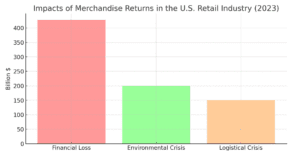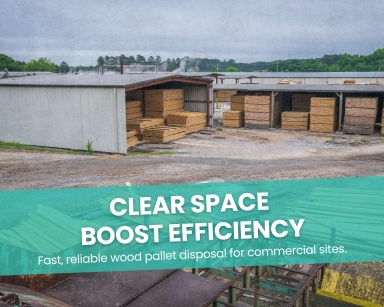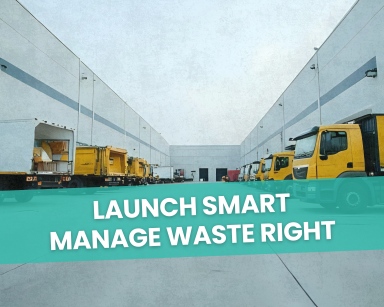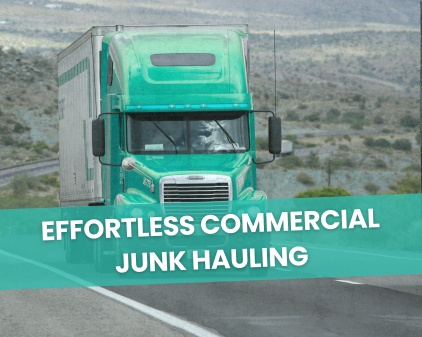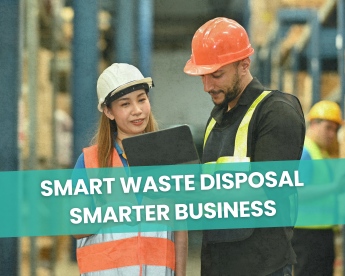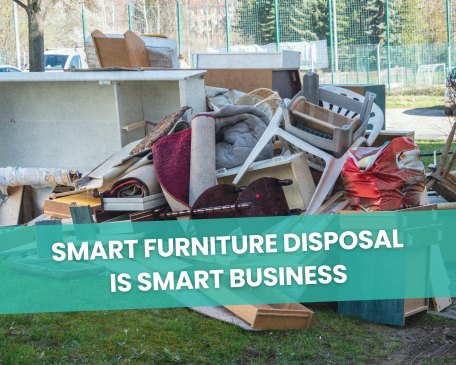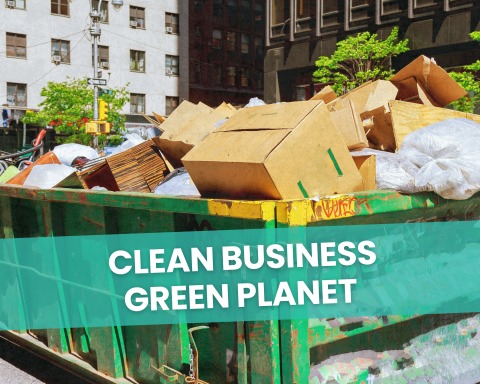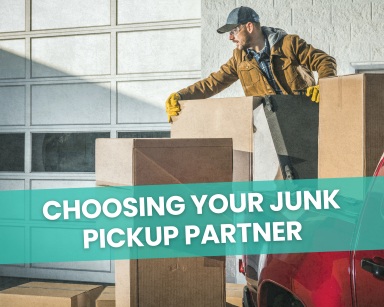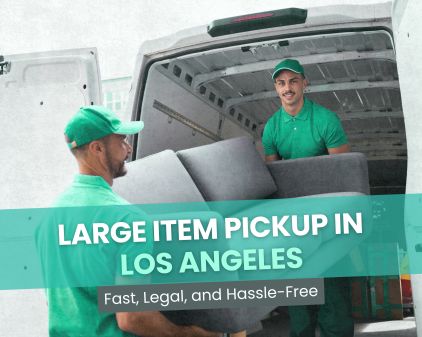How Do You Sell Excess Inventory? – Secrets of the Trade
In the dynamic realm of e-commerce and retail, inventory liquidation is a term that often echoes with a sense of urgency and challenge. Beneath the bustling surface of sales and promotions, a silent crisis brews, often unnoticed yet profoundly impactful.
A report from Statista in 2023 unveiled a startling truth: the U.S. retail industry encountered a staggering $428 billion in merchandise returns. This figure not only reflects financial loss but also unveils a hidden environmental and logistical crisis.
Amidst this backdrop, businesses, especially small enterprises and startups, grapple with the complexities of managing excess inventory, seeking solutions that not only safeguard their financial stability but also uphold their commitment to social and environmental responsibility.
Table of Contents
The Hidden Costs and Impacts of Traditional Liquidation
The traditional Inventory liquidation model, while seemingly a straightforward solution to the excess inventory dilemma, conceals a myriad of hidden costs and impacts that extend beyond mere financial metrics.
The process, which involves selling unsold goods at significantly reduced prices, often to wholesalers or through auction platforms, inadvertently perpetuates a cycle of waste, resource misutilization, and brand devaluation.
The Financial Drain
- Dwindling Profits: The reduced revenue from liquidated goods often fails to cover the production and operational costs, leading to financial losses.
- Operational Costs: Managing, storing, and eventually disposing of unsold items incur additional expenses, straining the operational budget.
Environmental Repercussions
- Waste Generation: A substantial portion of liquidated goods, particularly perishables and obsolete electronics, end up in landfills, contributing to environmental pollution.
- Resource Misutilization: The materials, energy, and labor invested in the production of unsold items are essentially squandered, amplifying the environmental and social impact.
Brand Image at Stake
- Perceived Value: Frequent Inventory liquidation sales can dilute the perceived value of a brand, potentially deterring premium customers and diminishing brand loyalty.
- Sustainability Question: The environmental repercussions of waste generation can tarnish a brand’s sustainability credentials, especially amidst an increasingly eco-conscious consumer base.
How Excess Inventory Affects Small Businesses and Startups
Small businesses and startups, with their limited resources and tighter operational frameworks, often bear the brunt of excess inventory challenges more acutely than their larger counterparts. The dilemma of managing unsold stock not only poses a financial strain but also impedes their ability to innovate, adapt, and remain competitive in a dynamic market.
Cash Flow Constraints
- Locked Capital: Funds tied up in excess inventory could have been allocated towards innovation, marketing, or other growth-oriented initiatives.
- Operational Strain: Managing excess inventory demands additional storage, management, and eventually, disposal resources, straining already limited operational capacities.
Market Positioning Challenges
- Competitive Edge: Excess inventory management burdens finances and operations, stifling innovation and market adaptability, thus diminishing competitive advantage.
- Customer Perception: Fluctuating inventory and frequent clearance sales may signal instability, potentially undermining customer trust and loyalty.
Beneficial Reuse: A Beacon of Sustainable Inventory Management
Beneficial Reuse shines in the excess inventory dilemma, reducing financial and operational stress while enhancing commitment to social responsibility and environmental sustainability.
This approach shifts the paradigm from ‘unsold’ to ‘utilized’, channeling goods towards communities and causes for meaningful impact.
The Ethical and Environmental Upside
- Community Upliftment: The program diverts unsold items to needy communities and organizations, bolstering the brand’s image through direct social contributions.
- Reducing Environmental Footprint: By maximizing the use of goods and minimizing disposal, the initiative significantly reduces waste and lessens environmental impact.
Financial and Operational Benefits
- Tax Deductions: Engaging in charitable activities by donating unsold inventory can offer substantial tax benefits, providing financial relief.
- Operational Efficiency: Efficient removal and redistribution of excess inventory free up storage space and reduce associated storage and management costs.
Case in Point: Pioneering a Shift
Happen Ventures’ Beneficial Reuse program effectively addresses excess inventory challenges, merging financial efficiency with social and environmental responsibility.
The impact extends beyond mere numbers, weaving a tapestry of positive social impact, environmental conservation, and sustainable financial management.
A Win-Win Scenario
- Community Impact: Happen Ventures has significantly influenced communities by redirecting over 50,000 truckloads of essential goods to areas of need.
- Environmental Contribution: The diversion of over 60,000 tons of goods from potential disposal mitigates environmental impact, contributing to sustainability efforts.
Financial Prudence and Social Responsibility
- Significant Savings: Clients experience up to 74% savings over traditional waste management, coupled with valuable tax write-offs, enhancing financial sustainability.
- Sustainability Profile: Beneficial reuse bolsters inventory management and boosts corporate sustainability, meeting modern consumer demands and regulations.
Charting a Course Towards Sustainable Inventory Management
Navigating complex inventory management, businesses face crucial choices impacting their financial success and social-environmental responsibility.
Happen Ventures champions Beneficial Reuse, merging financial stability with sustainable and socially responsible practices for a thriving, conscientious business future.

